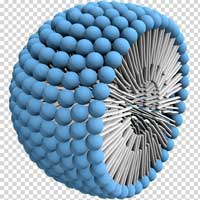 New nanotechnology will allow detection of blocked arteries more effectively than ever before.
New nanotechnology will allow detection of blocked arteries more effectively than ever before.
Monday, December 9, 2019
Lighting up cardiovascular problems using nanoparticles
 New nanotechnology will allow detection of blocked arteries more effectively than ever before.
New nanotechnology will allow detection of blocked arteries more effectively than ever before.
Converting graphene into diamond film without high pressure
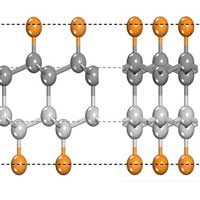 Researchers demonstrated synthesis of the thinnest possible diamond-like material starting from bilayer graphene and without high pressure.
Researchers demonstrated synthesis of the thinnest possible diamond-like material starting from bilayer graphene and without high pressure.
Creating switchable plasmons in plastics
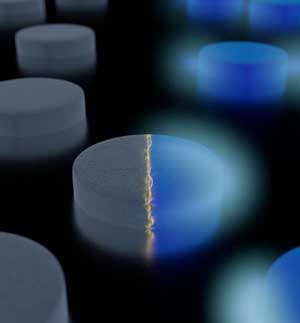 Researchers have developed optical nanoantennas made from a conducting polymer. The antennas can be switched on and off, and will make possible a completely new type of controllable nano-optical components.
Researchers have developed optical nanoantennas made from a conducting polymer. The antennas can be switched on and off, and will make possible a completely new type of controllable nano-optical components.
Electrons caught flowing like water for the first time
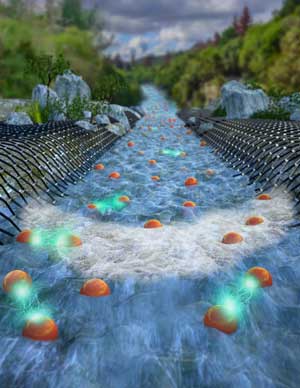 The findings could help reduce resistance in electronic devices.
The findings could help reduce resistance in electronic devices.
Detours may make batteries better
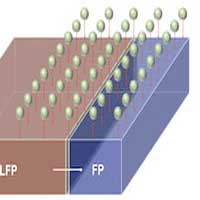 Scientists show point defects in cathode crystals may speed lithium absorption.
Scientists show point defects in cathode crystals may speed lithium absorption.
Ultrafast stimulated emission microscopy of single nanocrystals
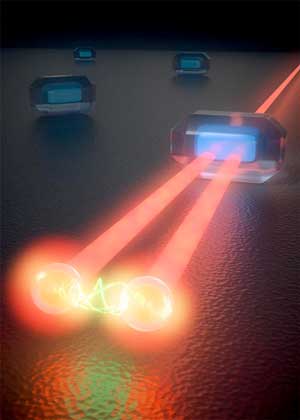 Researchers report on a new ultrafast stimulated emission microscopy technique that allows imaging of nano-objects and investigating their dynamics.
Researchers report on a new ultrafast stimulated emission microscopy technique that allows imaging of nano-objects and investigating their dynamics.
Speedy and precise multicolor imaging of biomolecules now possible
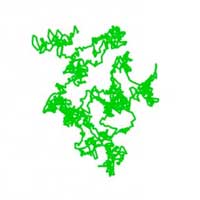 For the first time, researchers can track biological molecules with unprecedented speed and precision thanks to the use of multi-metallic nanoparticles.
For the first time, researchers can track biological molecules with unprecedented speed and precision thanks to the use of multi-metallic nanoparticles.
Electronics integrated to the muscle via kirigami
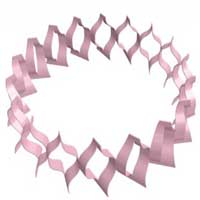 Donut-shaped kirigami device enabling accurate and robust signal acquisition from the muscle.
Donut-shaped kirigami device enabling accurate and robust signal acquisition from the muscle.
Liquid flow is influenced by a quantum effect in water
 A study sheds new light on the viscosity of aqueous solutions. It shows that, contrary to the traditional view that repulsive interactions between polymers are solely responsible for the increase in viscosity, a nuclear quantum effect between water molecules also has a part to play.
A study sheds new light on the viscosity of aqueous solutions. It shows that, contrary to the traditional view that repulsive interactions between polymers are solely responsible for the increase in viscosity, a nuclear quantum effect between water molecules also has a part to play.
Nanocontainer ships titan-size gene therapies and drugs into cells
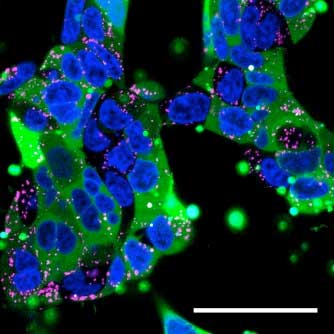 Researchers have created a tiny, nanosize container that can slip inside cells and deliver protein-based medicines and gene therapies of any size - even hefty ones attached to the gene-editing tool called CRISPR.
Researchers have created a tiny, nanosize container that can slip inside cells and deliver protein-based medicines and gene therapies of any size - even hefty ones attached to the gene-editing tool called CRISPR.
Subscribe to:
Comments (Atom)
